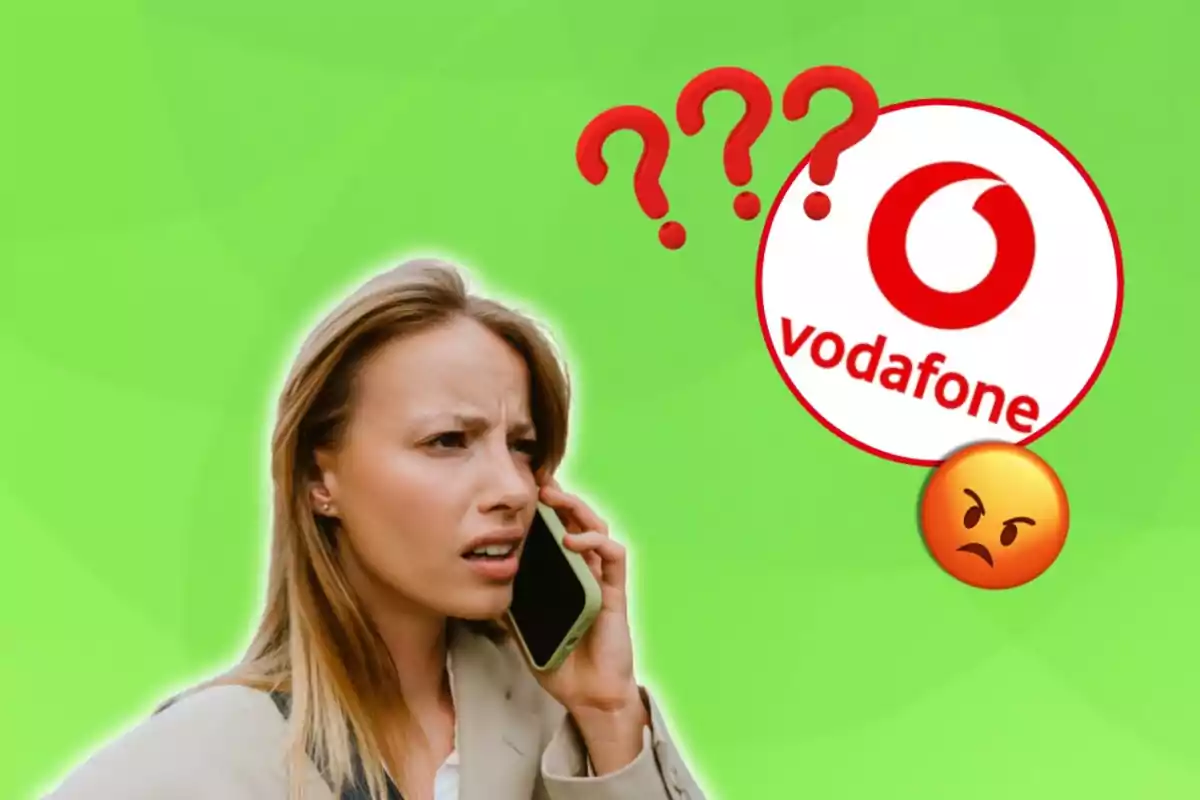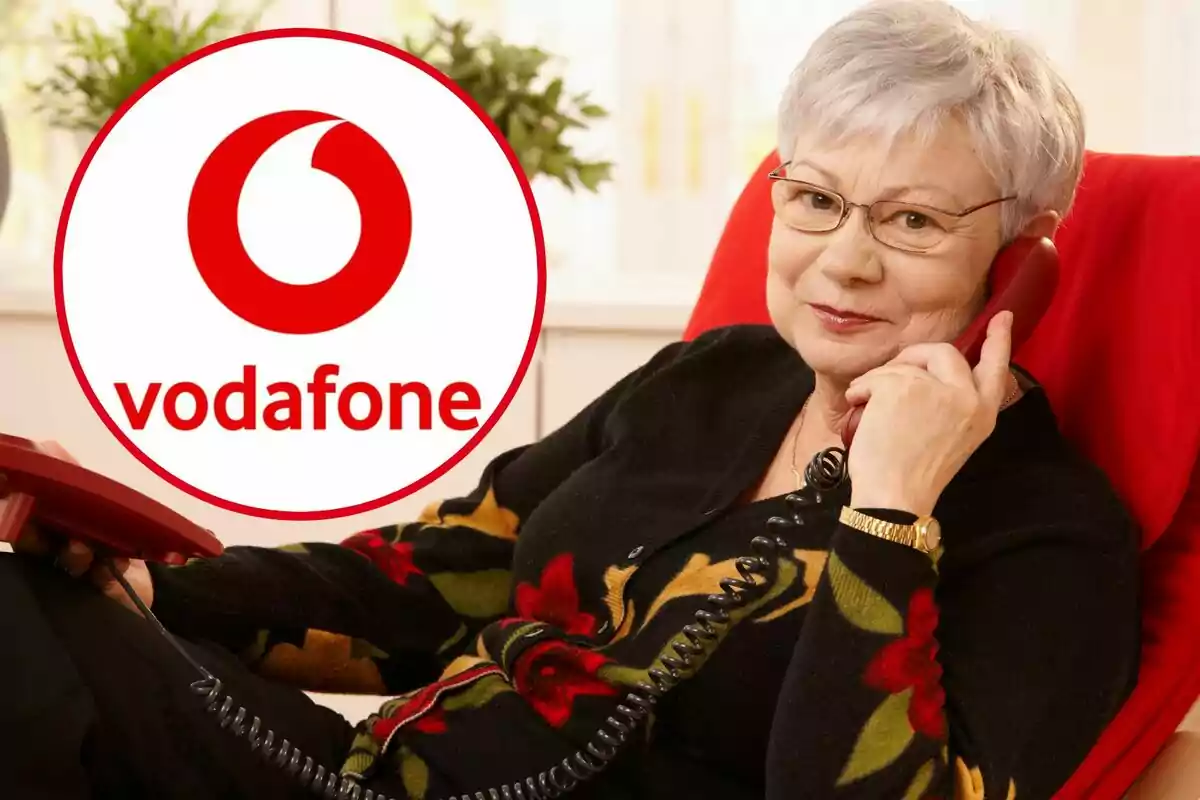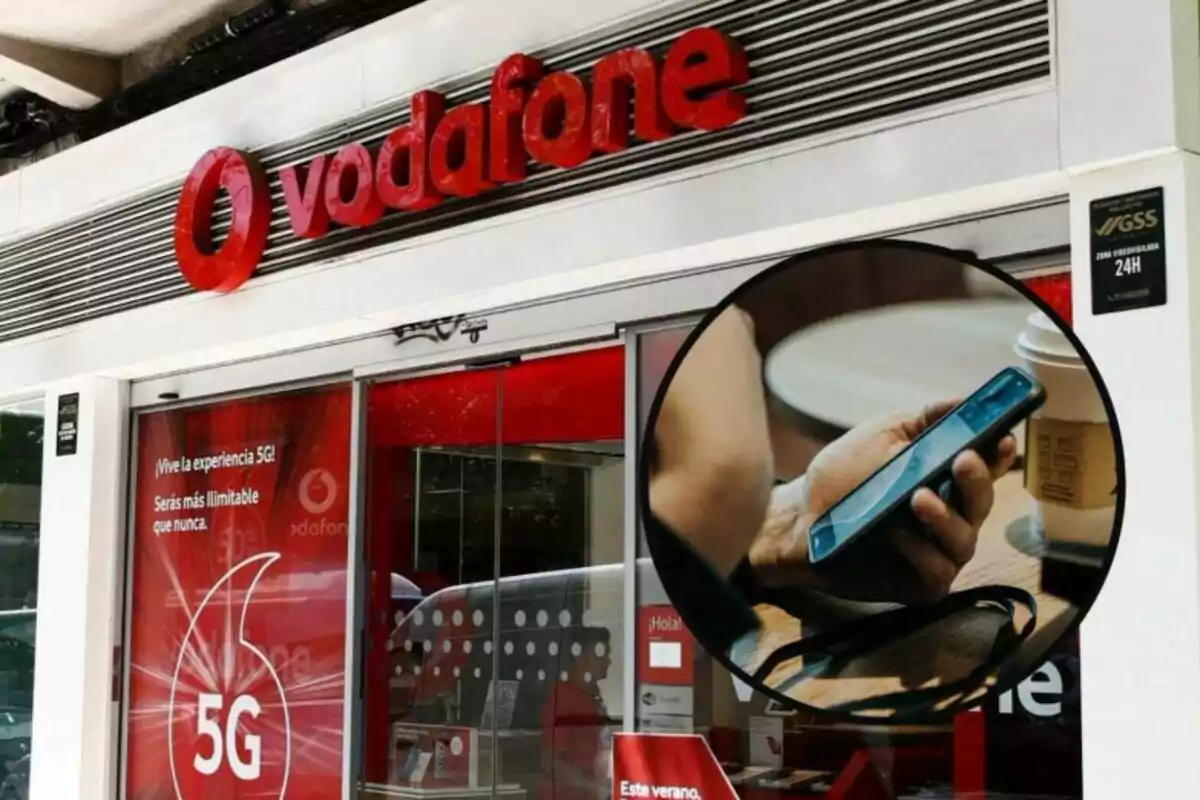
Vodafone Has a Hard Time Regaining Customers' Trust: They No Longer Trust Anyone
Users confirm they have many doubts when they receive a call from the company, fearing it might be a scam.
Vodafone faces a significant challenge: regaining its customers' trust. We are at a point where complaints about fraudulent calls are multiplying. Many users no longer know how to distinguish between legitimate company communications and those from scammers impersonating them.
Social media has become a space where customers express their frustration daily. They even make it clear that the situation has reached a critical point.
In recent months, Vodafone has been criticized on various platforms like X and other forums. One of the recurring themes in these complaints is the calls users receive from different numbers that sometimes seem to be from the company itself. However, many of these numbers aren't controlled by Vodafone, which creates confusion and distrust.

Vodafone reacts to what happened
A clear example of this situation was the case of a customer who shared her experience on social media. She complained about receiving daily calls from the number 912359937, which claimed to be part of Vodafone.
"They keep calling me saying it's from Vodafone's loyalty program," she wrote. She added that "I don't trust anything anymore" and that she receives between three and five such calls a day. The customer directly asked the company through X if they could confirm whether that call really came from them.
Vodafone's reply was clear: "Indeed, the number is from our loyalty department," they confirmed. However, this reply, far from calming the user, exposed a bigger problem. It's the confusion many people experience.
They no longer know when they're talking to an official Vodafone agent and when it's a scam. They also can't differentiate between a legitimate company call and a fraudulent call from someone trying to exploit their name.
Vodafone faces a serious setback
These types of situations are increasingly frequent and damaging to the company's image. Users feel insecure and don't trust the calls they receive. Even if they come from official Vodafone numbers.

This has become a real headache for the company. It finds itself caught between the need to defend its image and the difficult task of ensuring the authenticity of every call they make.
Additionally, the large number of complaints posted on social media has caused a widespread sense of distrust toward Vodafone. The company seems to be losing control over its phone communications, which directly impacts its relationship with users. For many, calls linked to the brand are now perceived as a risk, and this distrust is difficult to reverse.
The problem worsens even more when users face the well-known 'scam calls.' These fraudulent communications not only affect the customer experience but also put their security at risk. Many times, they seek to obtain personal or banking information.
More posts: